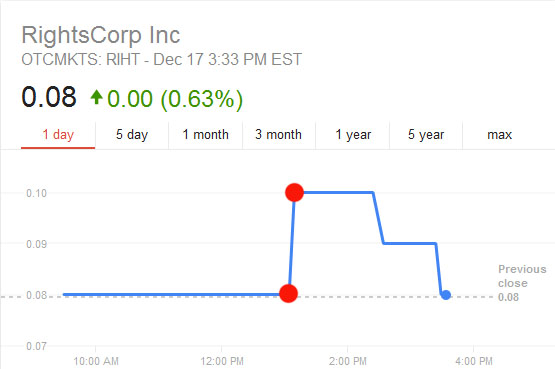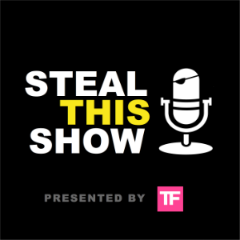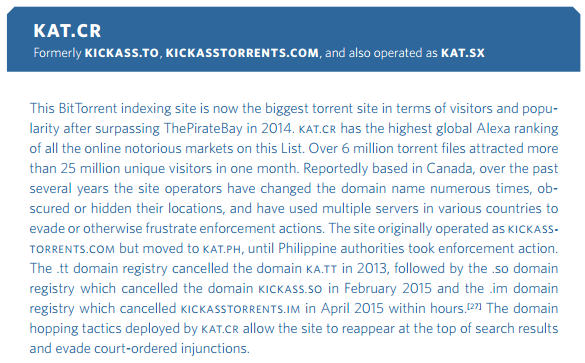1337x Staff Abandon “Insecure” Torrent Site, Start Over
dimanche 20 décembre 2015 à 11:12 Without proper moderation any torrent site will turn into a swamp of fake files and malicious content.
Without proper moderation any torrent site will turn into a swamp of fake files and malicious content.
This became painfully apparent earlier this year when The Pirate Bay was left unmoderated, and a similar situation is now taking place at 1337x.to.
The site, which is one of the most visited torrent sites on the Internet, has built up a strong community in recent years. As with most other sites the day-to-day operations are managed by admins and moderators, who volunteer their free time to dealing with spam and other inappropriate content.
After a redesign, however, the staffers have grown impatient with the site’s owner who failed to respond to various complaints. One of the most pressing issues is a security hole which allows others to hijack user accounts.
“The new design is full of bugs, leaving users unprotected and vulnerable to attacks. The owner has refused to fix those problems creating dissension in the ranks,” former 1337x moderator ‘The Ghost’ informs TF.
The vulnerabilities allow outsiders to take over the accounts of regular users and post all sorts of spam.
“What would happen, is somebody would reply to a comment that had a script injected. Once they replied, their account got hijacked and started uploading infected torrents,” The Ghost says.
The above is just one example, according to the moderator. These and other bugs caused a lot of problems for the moderation crew as well as the users. However, they reportedly remain in place today.
Since the owner has been very unresponsive, all active moderators and admins have decided to step down. They were already paying for the server rent and the 1337x domain names, which will likely be forwarded to the new home.
Visitors who access the old forum URL (1337x.net) are now redirected to the new home at leetxtorrents.org, where a new forum was created with a copy of the database.
Another “former” 1337x staffer Mustangx, who owns the original .com and .org domains, confirms the staff exodus and says that they are working on a new torrent site as well. The staffers don’t have access to the old code, so they have to start anew.
“We have a team working on an entirely new site at the moment. We hope to have it ready for the new year,” Mustangx says.
In recent days the owner of the original 1337x reappeared again. However, many staffers believe that it’s too late to make things right, although it hurts to leave their old home behind.
“Nobody likes the idea of just leaving the old site sitting there but it doesn’t have an off button. Kind of like leaving a claymore mine lying around the internet,” The Ghost concludes.
At the time of writing the old 1337.to site remains operational, but the domain may be redirected in the future as well.
Source: TorrentFreak, for the latest info on copyright, file-sharing, torrent sites and ANONYMOUS VPN services.
 On Thursday following a two-week trial, a Virginia federal jury ruled that US-based ISP Cox Communications could be held liable for piracy carried out by its users.
On Thursday following a two-week trial, a Virginia federal jury ruled that US-based ISP Cox Communications could be held liable for piracy carried out by its users.

 Founder & CEO of
Founder & CEO of  Former Pirate Bay spokesperson Peter Sunde has always been very outspoken about people’s inherent drive to copy things.
Former Pirate Bay spokesperson Peter Sunde has always been very outspoken about people’s inherent drive to copy things.  In its annual “Out-of-Cycle Review of Notorious Markets” the United States Trade Representative (
In its annual “Out-of-Cycle Review of Notorious Markets” the United States Trade Representative (